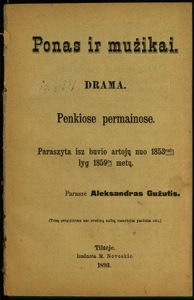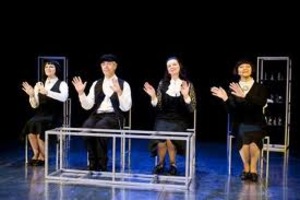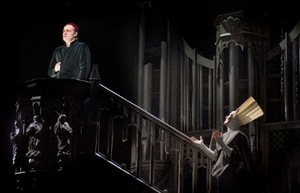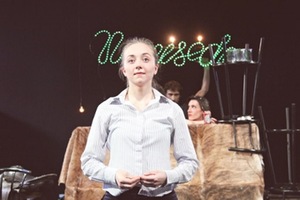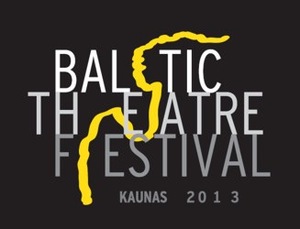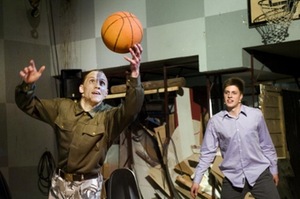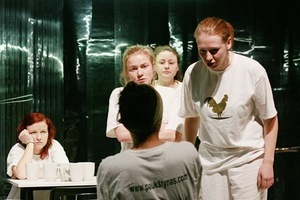The case of national dramaturgy: myths and reality 5
In brief: It is a paradox, but the tone and vocabulary of people speaking on the issue of the national dramaturgy did not change for almost eight decades. We can only bend in front of Sruoga, who formulated the topic of appearance of Lithuanian plays in the repertoire of the State Theatre in the third and fourth decade of the last century when the professional theatre made its first steps. Almost identical words may be heard today regarding the issue. Therefore, the author tries to discuss the statements heard in conversations and disputes about the national dramaturgy the most frequently and to find out whether these statements have no ground in fact.
The author analyses in the article what has (not) changed since the times of Sruoga. The following themes are touched: the lack of resolution of Lithuanian theatre to turn back to Lithuanian authors, the demand for Lithuanian plays in the Lithuanian theatre, the need for studies of dramaturgy, the necessity of competitions and festivals of Lithuanian plays, the fact that Lithuanian plays are becoming more social today.
As a result, the author concludes that sometimes the impression is made that we give too much emphasis to the “national” element when speaking about the national dramaturgy and we rarely stop at the second part, i.e. dramaturgy itself, which we understand as the art of writing plays only until now.
We may take a glance at neighbours from Poland, for example, where two dramaturgy traditions coexist in the theatre reality productively for a rather long time already: the classical tradition and the one that emerged from the experience of Brecht’s theatre.
In general, we should pay attention that the borders between professions that existed separately and independently once vanish in the European theatre today. We may hardly speak about the trinity of he actor- director-playwright in the contemporary theatre. The universal artist of theatre, the creator appears in the foreground more and more often now, and he/she has to know how to speak in almost all registers of theatrical representation.
